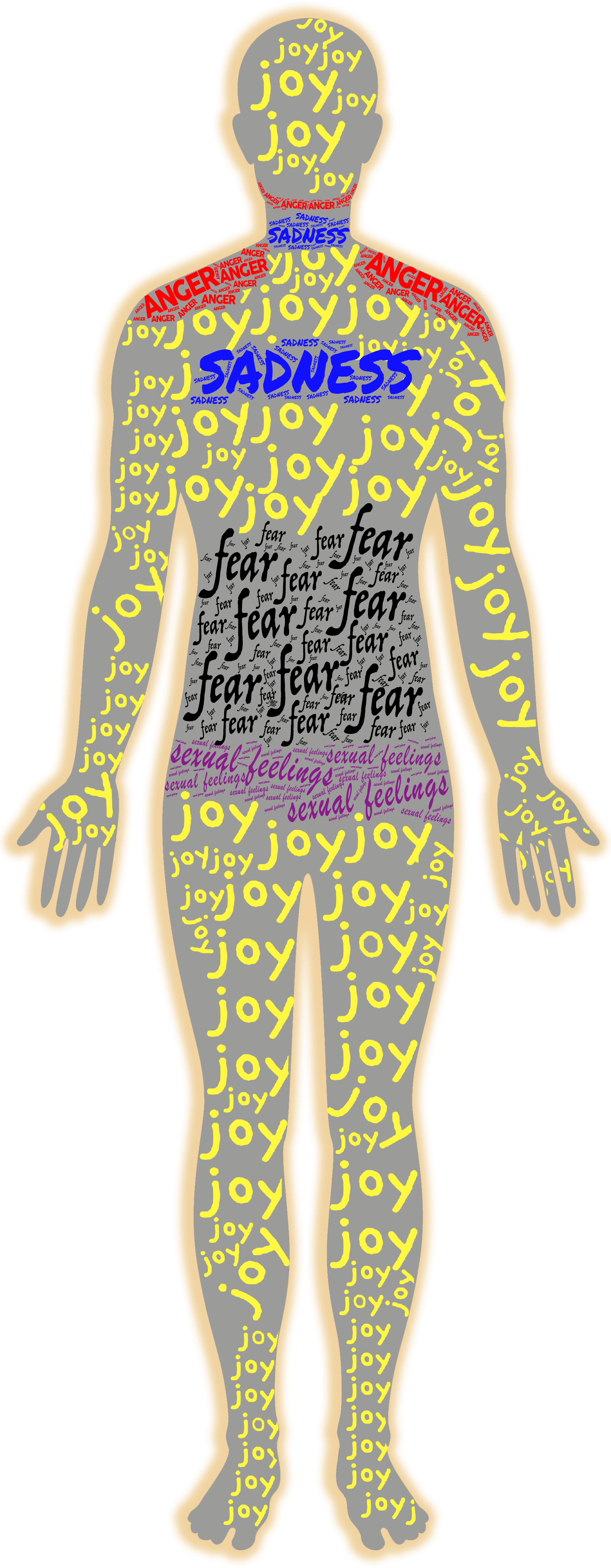
Teen Mental Health: Use This 2-Min. Exercise When Difficult Emotions Surface
Kicking off the Supporting Teen Mental Health series, here’s a 2-min exercise that can be used and shared with teens to support them when big emotions surface.
Unprecedented times come with unprecedented challenges, and the ones that today's young people face are tough to navigate. The data shared in the U.S. Surgeon General's Advisory on Protecting Youth Mental Health confirms this. National surveys show that one in three high school students experiences persistent sadness or hopelessness. The world-shifting consequences of an ongoing pandemic coupled with the big emotions that accompany adolescence make our collective need to support teen mental health and well-being both urgent and necessary.
INTRODUCING THE SUPPORTING TEEN MENTAL HEALTH SERIES
The prevalence of mental health challenges amongst youth requires an all-of-society effort to facilitate the individual and structural changes needed to support and protect teen thriving. Over the next few months, we'll be sharing vetted tools and actionable insights as part of a new five-post blog post series titled, Supporting Teen Mental Health. Mapping back to the U.S. Surgeon General's recommendations, each post will feature helpful tips and resources designed to support all youth-serving adults in showing up for teens in this moment of need.
To kick off the Supporting Teen Mental Health series, here's a quick and effective exercise that can be used and shared with teens (and adults!) to support them in getting grounded when big emotions surface.
 PAUSE-BREATHE-NAME: A 2-MINUTE GROUNDING EXERCISE
PAUSE-BREATHE-NAME: A 2-MINUTE GROUNDING EXERCISE
Whether you're a teen or an adult, chances are you've had moments, shifts, and shocks in life that have brought up strong emotions. In those moments, it can be difficult to regulate those feelings. Pause-Breathe-Name is a quick exercise that can help us manage:
Pause: Start by noticing that a strong feeling has shown up for you and allowing yourself to take a pause before your next word or action.
Breathe: Next, take a couple of breaths. Allow your exhale to be longer than your inhale. This will help to calm your nervous system. As you breathe, try to notice where the strong feeling is showing up in your body. We often feel sadness in our throat, fear in our belly, and anger in our upper back, neck, and jaw. Joy tends to show up all over.
Name: Finally, work on naming the feeling in your head or out loud before returning to what you were doing. The act of naming emotions, especially the more unpleasant ones, actually helps lessen the intensity of those feelings.
This exercise is part of the many social and emotional learning activities in our iThrive Sim role-playing simulation experiences. Students have shared that this exercise has helped them acknowledge moments of discomfort, frustration, and uneasiness they felt while playing as their character, and prepared them to unpack those moments with their classmates. These skills are needed when we have difficult conversations, and practicing these skills helps to strengthen them.
You can use the Pause-Breathe-Name exercise to ground yourself in times of stress and to name the feelings showing up in your body in those moments. What are some other exercises and practices you turn to to get grounded in times of stress? Share with us at contact@ithrivegames.org and stay updated on the latest in the Supporting Teen Mental Health blog series by joining our mailing list today.


